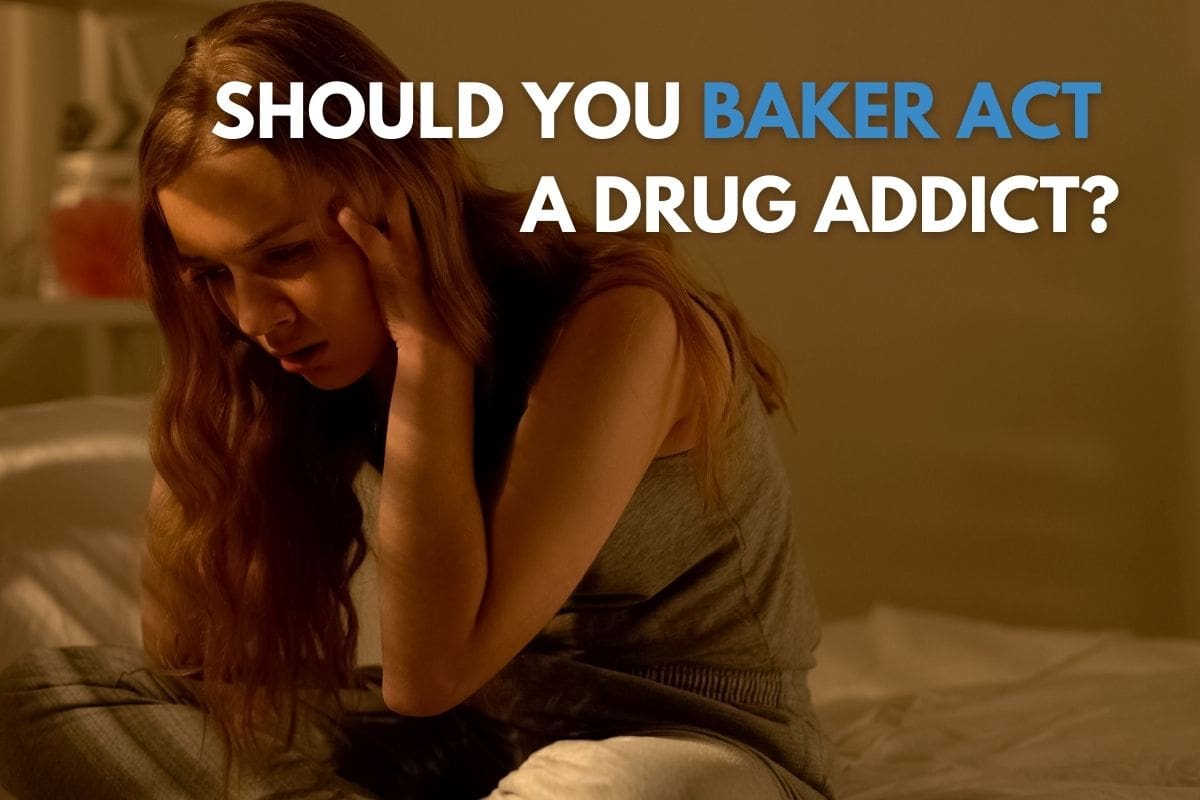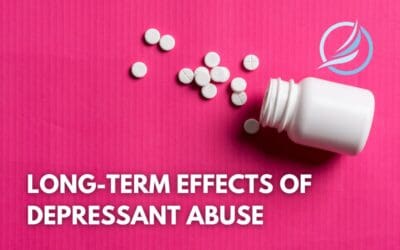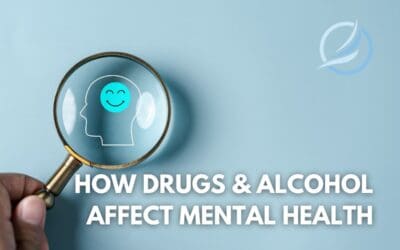If you know someone addicted to drugs, you know first-hand just how frustrating and frightening it can be when it’s clear that their life is in jeopardy but feel like there’s nothing you can do about it. You’ve likely tried talking to them, giving them ultimatums, maybe even holding an intervention. What do you do when you’ve tried everything else?
The Baker Act, also known as the Florida Mental Health Act of 1971, is legislation that allows individuals who pose a danger to either themselves or others to be involuntarily institutionalized for psychiatric evaluation. This mental health intervention can be life-saving but things can get tricky when drug abuse is involved. From costs to the law’s limitations, there are important things to consider when considering whether you should Baker Act a drug addict.
What Happens When Someone is Baker Acted?
The Baker Act process can effectively be summed up into two parts. The first occurs within a 72-hour period where a person undergoes an evaluation to determine they indeed qualify for needed emergency psychiatric care. The second part involves medical professionals and the courts being in agreement that an individual qualifies for treatment.
Although the Baker Act is a Florida-only statute and is not national, the term ‘Baker acted” has become a widely used term around the country, referring to any kind of involuntary institutionalization.
1. Initiation
There are three ways that a person can be involuntarily Baker acted: Law enforcement, health professionals, or an ex parte court order (which is essentially a petition to judge by friends and family members). If there’s enough evidence to prove that a person is experiencing severe mental illness, they will then be transported by law enforcement to a mental health facility for prompt examination.
Note that in the case of an arrest, when it’s law enforcement who initiates the Baker Act, the person is first processed as a criminal suspect before an examination is later conducted at a receiving facility.
2. Evaluation
Once institutionalized, attorneys or guardians will be notified of their admission no later than 24 hours after arriving. Here, the Baker-acted person will undergo a mental health evaluation by a physician, clinical psychologist, psychiatric nurse, or clinical social worker to confirm the required criteria:
- Severe mental or emotional impairment that prevents a person from functioning properly.
- This impairment also prevents them from being in a state of mind that recognizes they need help (or has refused treatment).
- This treatment is necessary to avoid them causing harm to themselves or others.
3. Petition for Treatment
If the person is deemed not to require psychiatric intervention, they will be released (or go back into law enforcement custody if they were arrested prior), sometimes with a recommendation for voluntary mental health treatment. If the person is found to need treatment but refuses, the facility can then petition the court to have the person committed for a period of up to six months.
Should You Baker Act a Drug Addict or Not?
Although the Baker Act strictly applies to mental health treatment rather than substance abuse, it can still provide many benefits to a person addicted to drugs–particularly since the two conditions go hand-in-hand (long-term drug use can lead to the development of conditions like depression and psychosis and vice versa, untreated mental illness often leads people to self-medicate with drugs, which can lead to addiction). Here are a few things to consider before invoking one of Florida’s most powerful laws.
It’s an alternative to jail or prison
Something else that has a strong correlation with drug use? Getting in trouble with the law. Approximately 20% of all incarcerated Americans are there for a drug offense. Unfortunately, as many prisoner-advocates have pointed out, most jails and prisons are poorly equipped to treat substance abuse. Of the more than 3,200 jails in the country, only 23 provide medically-assisted treatments (MAT) such as Suboxone or methadone. The Baker Act can circumvent criminal processing and have them go to a facility to receive help for drug use, rather than immediately being imprisoned.
You’ll need proof that psychiatric intervention is vital
As the concerned loved one, you’ll need to file an ex parte petition to begin the Baker Act process. This requires concrete examples that the addicted person is a danger to themselves and is too impaired to manage their own wellbeing in the form of a sworn written testimony before a notary. Once the petition makes its way in front of a judge who feels the criteria has been met, things move quite quickly.
You’ll need to find a facility accepting Baker Acts
A big responsibility of the friends or family members trying to Baker Act an addicted person is finding a mental health facility that has space available or is willing to accept a person being involuntarily committed. These facilities have the ability to refuse court-ordered patients, which can make this requirement even more challenging to fulfill.
The individual is responsible for payment
Even if an individual is involuntarily committed to a mental health treatment facility, they’re still on the hook for paying treatment costs. Local and state governments do not cover these costs unless the Baker Act was initiated by law enforcement due to an arrest. While money should never be a deterrent from receiving essential medical care (and medical providers are required to assist those who have difficulty paying), it’s something to consider especially if there are still other avenues available.
The Best Option: Dual Diagnosis
Although Baker acting a drug addict can provide potentially life-saving intervention, it likely won’t be enough to curb compulsive drug use. Trying to unravel comorbid conditions of mental illness and substance abuse is a difficult, if not impossible task. Treating one without the other has little chance for long-term success, both in terms of identifying the underlying cause of addiction or getting a person to stop using for good.
The best way to deal with a drug addict struggling with severe mental health issues is to enroll them in a dual diagnosis addiction treatment center. Specialized programs employ unique behavioral therapy methods that have been proven to be effective amongst addicts with a mental illness.


































